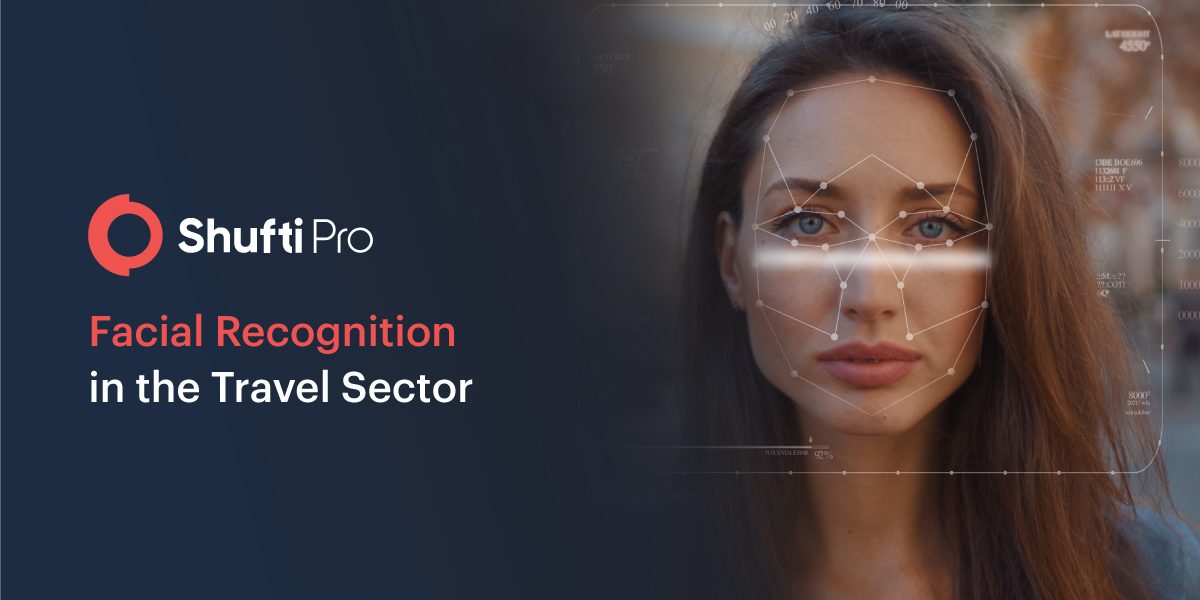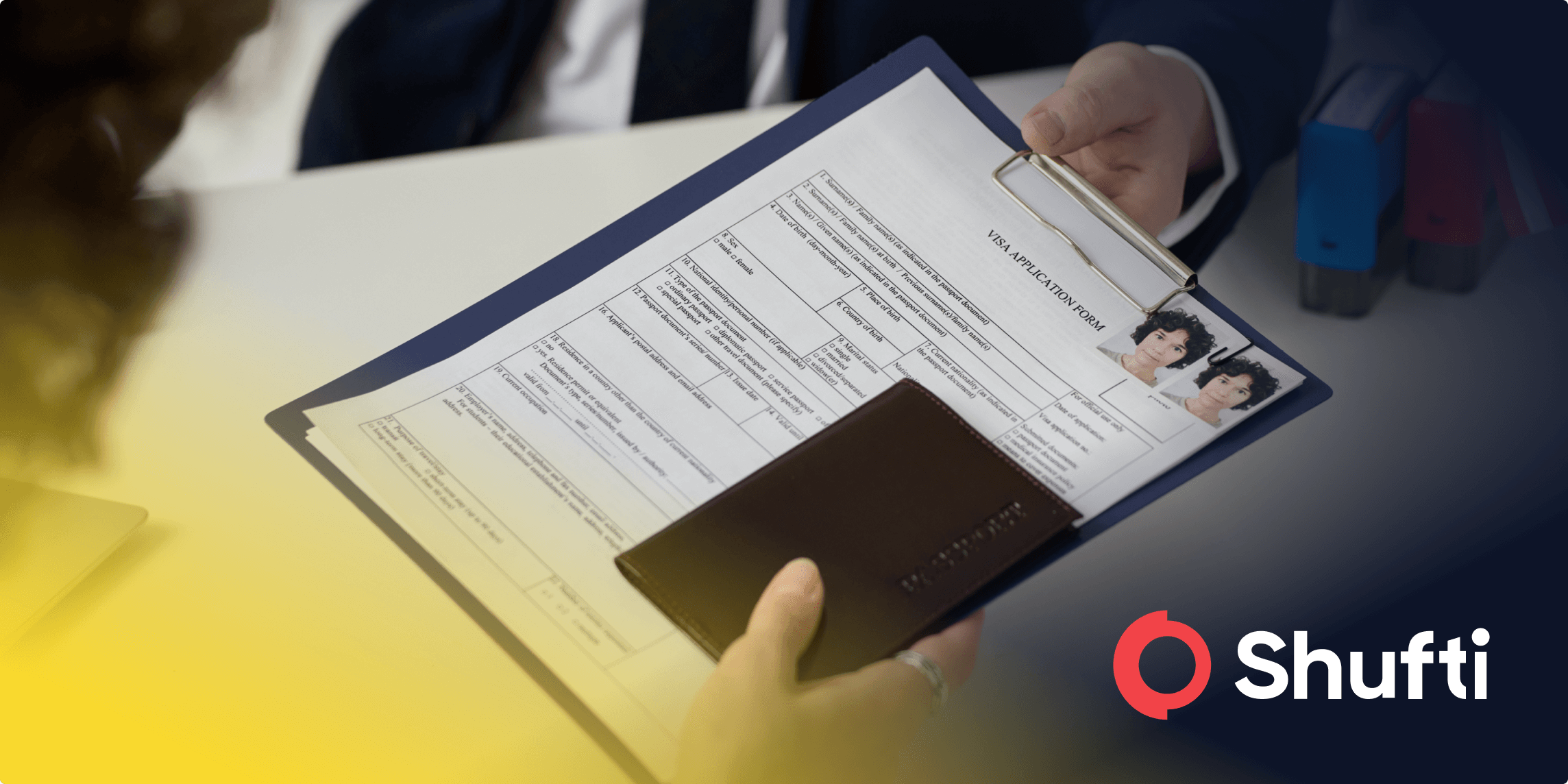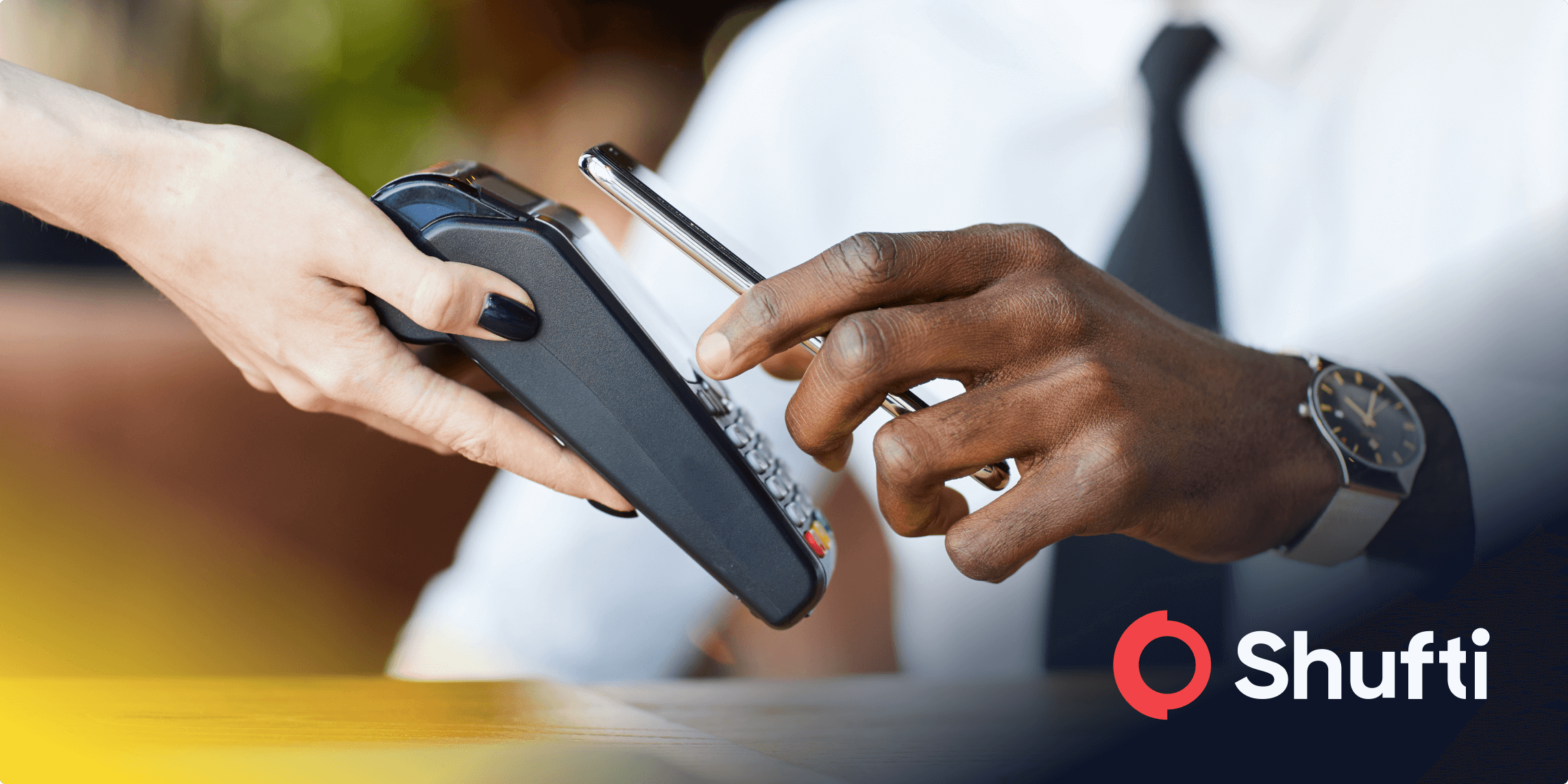Reshaping Travel and Tourism with Instant Facial Recognition

Few technologies have sparked much debate as much as facial recognition. Today, it is considered to be one of the most natural of all biometric methods – and for the right reasons.
Facial recognition is an artificially intelligent technology that is able to identify and verify an individual based on their facial features alone. Typically, the technology works by making a comparison between a digital image or video to stored human faces in a database. To date, facial recognition systems have been embraced in a range of industries. Where Facebook uses facial recognition to tag people in photos, Apple uses a system called Face ID to prevent unauthorised access. The technology is also commonly utilised within educational institutions and law enforcement.
How Accurate is Facial Recognition?
In June 2020, NIST reported that even the most superior facial recognition algorithms failed to correctly identify a mask-wearing individual 50% of the time. In January 2021, the Department of Homeland Security proved that advanced facial recognition algorithms can now correctly identify individuals up to 96% of the time.
Facial Recognition and the Economic Impact Report
There are numerous economies that largely depend on tourism as a source of income. Let’s consider this example: The World Travel and Tourism Council stated that more than 90% of Macau’s GDP is generated from the travel sector. To put this into perspective, income from travel and tourism represents a mere 9% of the UK’s GDP and 8.6% of the US’s GDP. Therefore, any technology that fundamentally transforms this sector, speeds-up day-to-day processes, and enhances efficiency can prove to be extremely beneficial for the betterment of the economy.
Facial recognition is one such technology that is being explored and utilized within the travel sector. In addition to streamlining verification processes at airports and hotels, it offers numerous other applications that companies are increasingly seeking to avail. Consequently, experts predict the global facial recognition market to reach USD 12.92 billion by 2027.
1- Personalisation is Key
One of the most important use-cases of facial recognition in the travel industry is personalisation for customers. By matching individual faces captured in real-time with a database of known faces, airports, hotels and other key players can identify customers quickly and tailor services according to their preferences. Hotels, for instance, can use facial recognition to provide guests with an option to submit their photograph during the booking process so that on their arrival, the hotel staff can personally greet them through their identity details and use the booking information to ensure they are offered service more specific to them.
The technology can also be utilised to identify regular guests, allowing them to be rewarded with loyalty points, gift vouchers, or discounts. According to Forbes, 84% of customers are willing to “go out of their way” to spend more money and avail a great experience. Thus, facial recognition can open the door to vast opportunities in the travel sector.
2- Bypass Security Loopholes
Another way facial recognition technology can be of benefit is by using it to enhance security in the travel and tourism sector. Fake travel agencies, fraudulent customers, and identity thieves are a few threats that can be easily addressed through facial recognition technology. An advanced face recognition software uses thousands of AI algorithms along with the following techniques to verify the identity of end-users with the highest level of accuracy:
- 3D depth analysis
- 3D mapping
- Liveness detection
- Micro-expression analysis
- Skin texture analysis
These techniques ensure whether the information provided by the customers and passengers is accurate, weeding out potential fraudsters from infiltrating an institution.
Suggested Read: Travel Industry – Trends, Scams, and a Solution to Combat Fraud
3- Enable Contactless Payments
One of the latest innovations in the payments space has been the use of facial recognition. More than 100 million residents in China have signed up for a facial recognition payment system set-up by 7-Eleven across hundreds of locations. Tech giant Alipay has also rolled out a facial verification-based payment system, allowing customers to make payments following a simple scan of their space.
China is not the only country that is investing in this tech. The US is currently developing its first facial recognition-based payment system called PopID in California. Within airports and hotels, this method not only speeds up transactions during check-outs or ticket purchase but also makes the process completely contactless – a factor that holds much value amidst the existing COVID-19 crisis.

4- Customer Experience
With increasing institutional interest in facial recognition technology, customer experiences are enhancing. This is because the convenience brought through its implementation perfectly matches the needs of a modern-day traveller. In fact, 60% of Chinese travellers exhibited a preference for facial recognition technology, while Booking.com revealed that 75% of their customers preferred self-service options to take care of simple requests. Automated facial recognition, therefore, needs to be implemented to revamp security systems, create a robust fraud prevention system, encourage fast remediation, and impart personalised customer experiences.

Pairing with the Right Technology
Shufti is globally recognized for providing one of the fastest identity verification services in the IDV industry. Its facial recognition service enables customers to log in to an account or check-in at airports/hotels simply through a selfie login. This not only removes friction and delays, but also makes the login process more secure and rapid. Furthermore, Shufti’s facial recognition system detects spoof attacks, deepfakes, and fraudulent identities with an accuracy rate of 98.67% by verifying customer selfies and their ID documents to the smallest pixel.
Use Case: How Did Shufti Help Boatigo?
Boatigo, an online platform for boating enthusiasts, was seeking to enhance the security of its online platform. To secure the community and the business itself against identity and financial fraud, Boatigo opted for Shufti’s real-time biometric verification solution. This allowed Boatigo to verify the identity of boat captains, crew members, and the customers by asking them to provide their official ID documents along with a corroborating selfie taken in real-time.
Commenting on the positive impact of this collaboration, the CEO of Boatigo, Joel Keane, stated:
“Shufti allows us to securely verify our community member identities by means of a government-issued ID and a liveness check. This gives both Boatigo and our community members peace of mind that people on the platform are who they say they are. Furthermore, Shufti completely automates this process for us, which saves valuable time and development costs.”
Key Takeaways
Facial recognition has fundamentally transformed the travel and tourism sector. From making payments more secure to enabling rapid customer onboarding, its real-world applications are endless. Various tech giants including Facebook, Apple, and Alipay have invested in this technology, owing to its ability to verify individuals based on their biometric data. Unlike passwords and PIN codes, facial features are impossible to replicate, thus making this technology more attractive to data-sensitive industries.
Shufti has been catering to the ID verification needs of the travel industry since its inception in 2016. With the help of thousands of AI models, it verifies end-users with the highest speed and accuracy. If you are a business that needs to secure online ID verification, then Shufti has you covered.
Need to learn more? Talk to our experts or avail our free trial right away!











